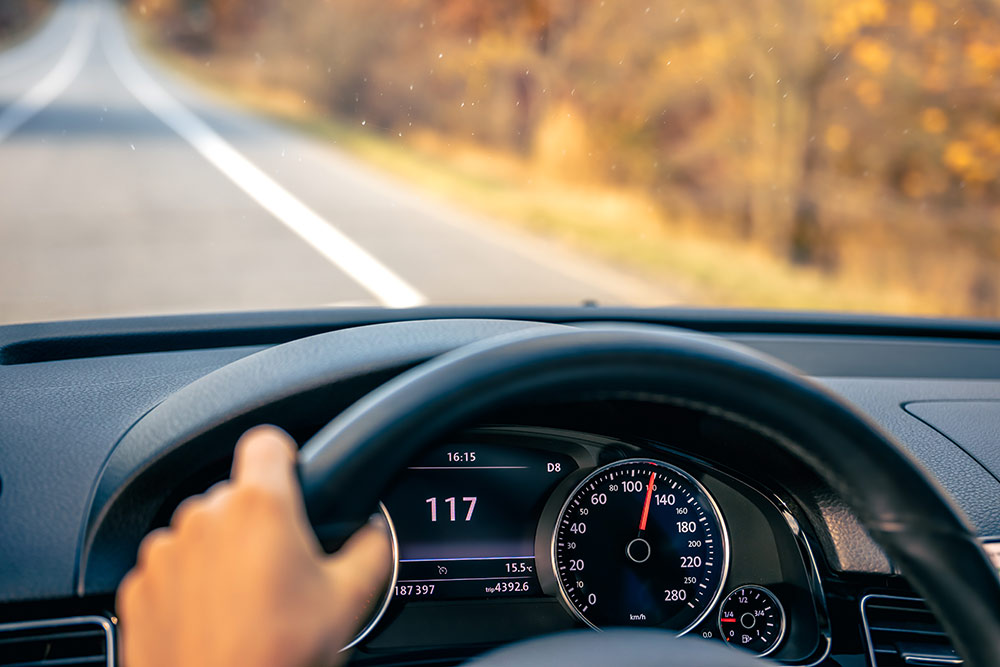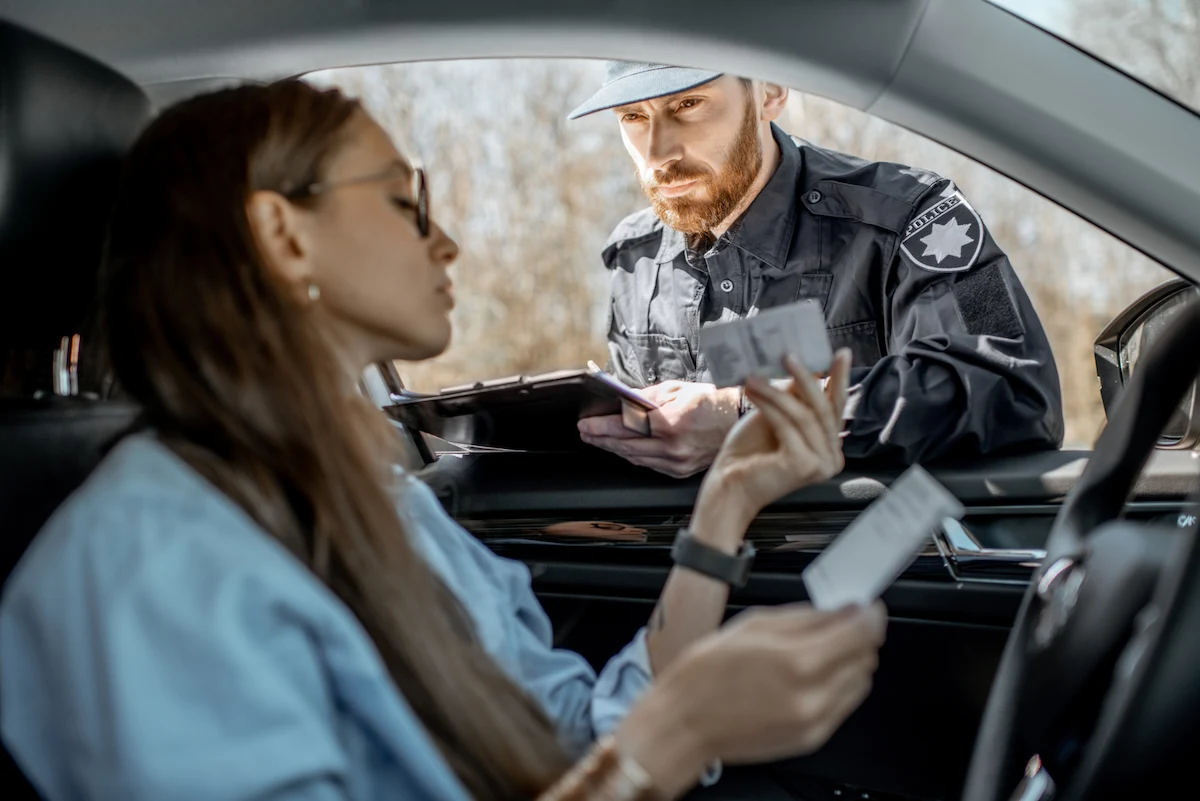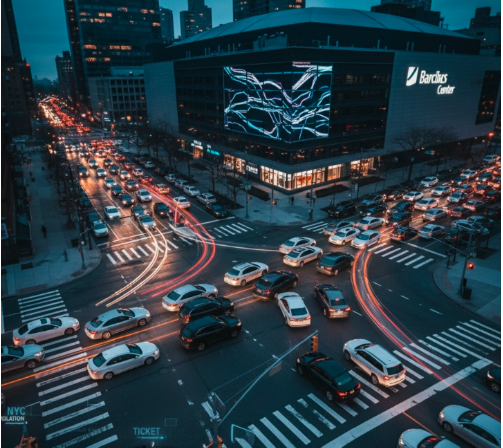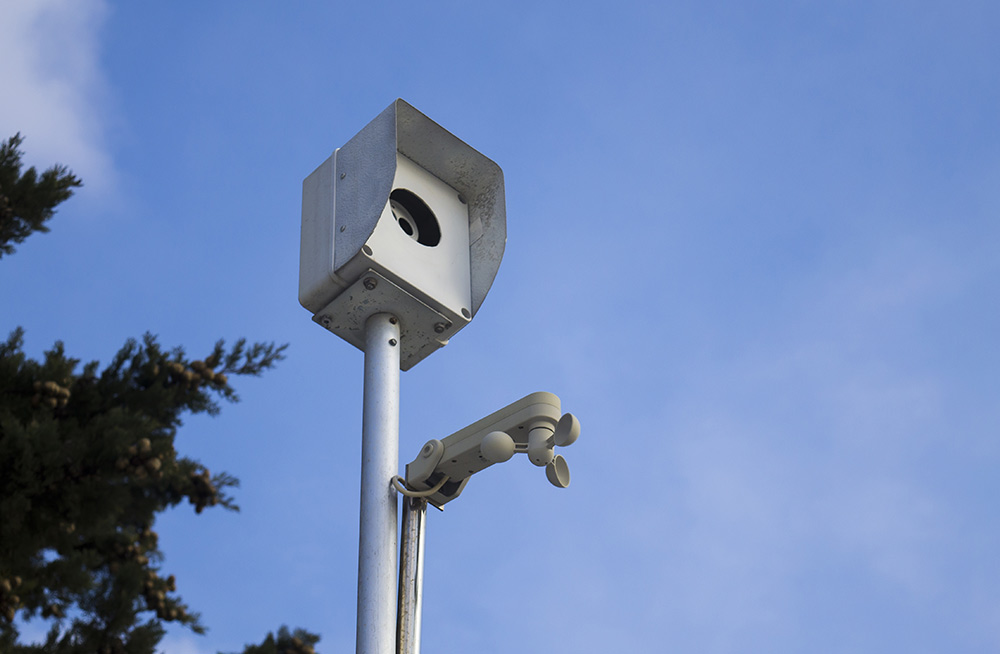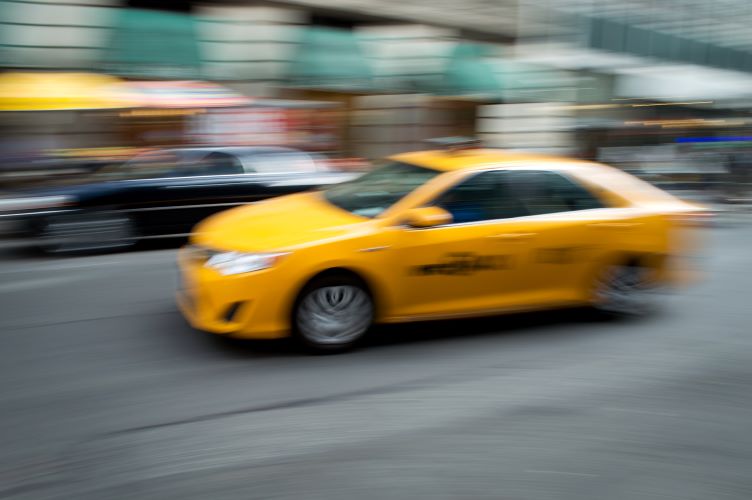Carlos decided to contest his speeding ticket, believing he was wrongly accused. He struggled to present his case effectively in court without proper legal guidance. Ultimately, he was found guilty, resulting in additional fines and points on his driving record. This experience taught him the importance of seeking professional advice when dealing with traffic violations.
Speeding in New York City is classified as a moving violation, which refers to any infraction committed while the vehicle is in motion. This includes exceeding posted speed limits, reckless driving, and other infractions compromising road safety.
Common Speed Limits and Enforcement Areas
New York City enforces strict speed limits, typically 25 to 30 miles per hour in most areas. However, certain zones, such as school and construction areas, may have reduced speed limits to enhance safety. The city employs various enforcement methods, including speed cameras and police patrols, to monitor and deter speeding.
Consequences of a Speeding Ticket
Receiving a NYC traffic ticket for speeding can result in substantial fines, which vary depending on the severity of the violation. In addition to monetary penalties, drivers may face points on their driving record, which can lead to increased insurance premiums. In some cases, excessive speeding can result in license suspension or even criminal charges, emphasizing the importance of addressing the ticket promptly and effectively.
A speeding ticket affects your immediate finances and has long-term consequences for your driving record. Accumulating points from multiple violations can lead to higher insurance rates, as insurers view repeat offenders as higher risk. Maintaining a clean driving record is essential for managing insurance costs and avoiding additional legal complications.
Steps to Handle Your Speeding Ticket
Upon receiving a NYC traffic ticket, reviewing all the details carefully is imperative. Verify the accuracy of the information, including the date, time, location, and nature of the violation. Any discrepancies can be grounds for contesting the ticket.
Once you have reviewed the ticket, you must decide whether to pay the fine or contest the citation in court. Paying the ticket typically results in accepting the violation and the associated penalties. Contesting the ticket allows you to present your case in court, potentially reducing or dismissing the charges.
Preventative Measures and Best Practices
Adhere to posted speed limits to avoid a speeding ticket. Being mindful of speed restrictions, especially in areas with high pedestrian traffic or changing speed limits, can prevent violations and enhance road safety.
Modern technology offers various tools to help drivers monitor and control their speed. GPS devices, speed limit apps, and vehicle speedometers can provide real-time feedback and alerts when you exceed speed limits. Remember, traffic laws are subject to change, and staying informed about the latest regulations in NYC is essential for compliance.
Navigating the Fast Lane Safely
Handling a speeding ticket in NYC requires a clear understanding of the city’s traffic laws, the consequences of violations, and the steps necessary to address them effectively. By reviewing ticket details meticulously, deciding whether to contest or pay and seeking legal advice, drivers can confidently manage their NYC traffic ticket situations. Implementing preventative measures, such as adhering to speed limits and utilizing driving technology, further ensures a safer and more responsible driving experience.

